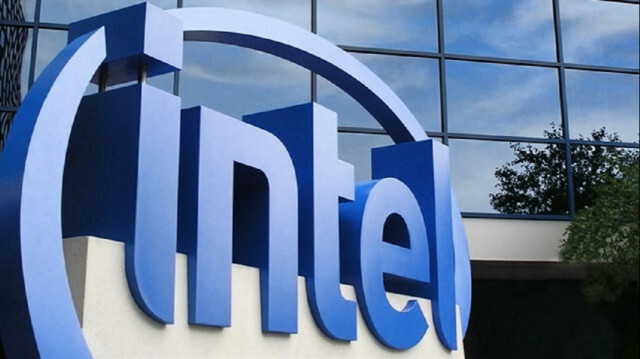
German government debates future of planned incentives amid budgetary challenges
Intel CEO Pat Gelsinger announced on Monday that the US-based semiconductor giant is halting the construction of its chip manufacturing plant in Magdeburg, eastern Germany, for approximately two years.
Intel had committed to a $33.4 billion investment in the Magdeburg plant as part of a larger $89 billion plan for the EU. The company had also signed a letter of intent with the German government for an $11.1 billion incentive package.
The plant, initially set to be operational in four to five years, was expected to create 7,000 jobs during construction and 3,000 permanent positions once completed.
The EU aimed to double its global chip production share to 20% by 2030, supported by over $44.5 billion in subsidies to attract semiconductor companies and reduce foreign dependency. Intel's investment in Magdeburg was a key component of this strategy.
Following the announcement of the construction pause, the German government is reassessing the use of the incentives allocated for Intel.
Finance Minister Christian Lindner emphasized that any unspent funds must be reserved in the federal budget to address a $13.3 billion shortfall projected for 2025, calling it a matter of responsible fiscal policy.
In contrast, Economy Minister and Vice-Chancellor Robert Habeck argued that the funds should be used “sensibly and carefully” for the country's benefit.
He noted that the funds were originally designated for the Climate and Transformation Fund (KTF), a priority for the Green Party, and could not be diverted to the main budget.
The situation follows a November 2023 ruling by the German Federal Constitutional Court, which deemed unconstitutional the government's transfer of $66.8 billion from pandemic-era loans to the climate fund. This decision led to controversy and budget cuts for 2024.

